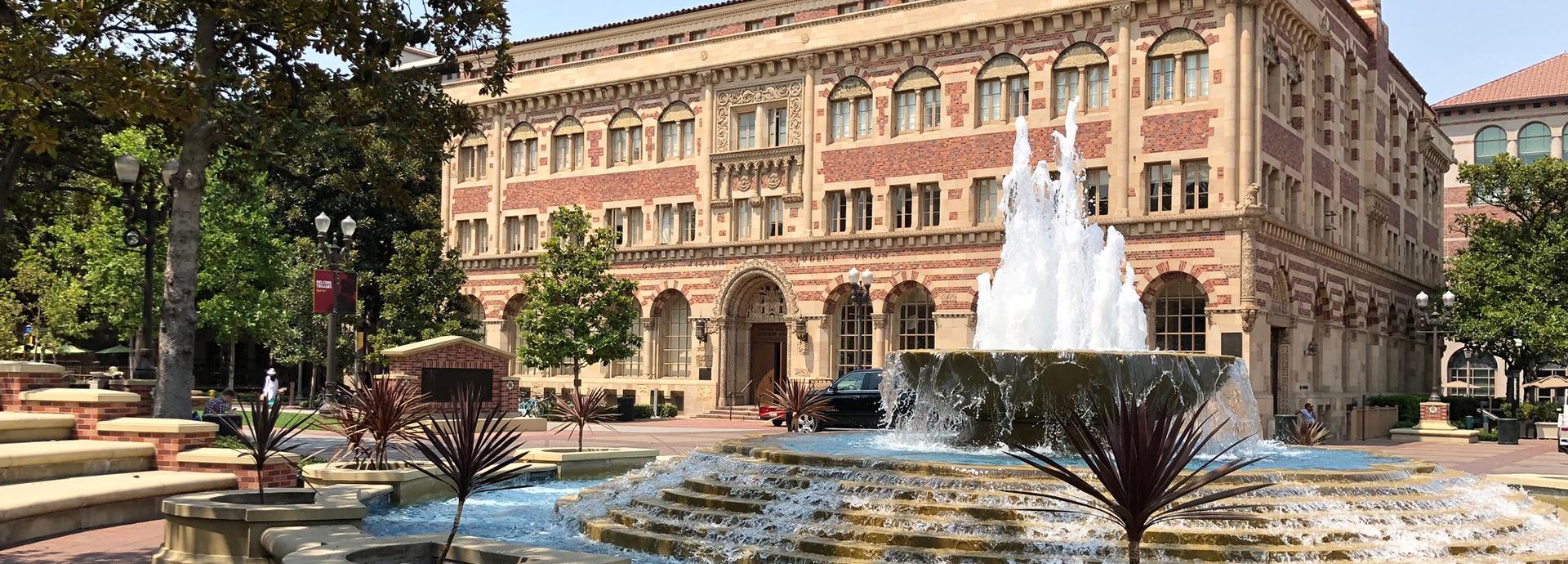

Let’s start with the first step: choosing a university. This is actually one of the hardest tasks to do. I limited the scope in small steps while searching for the right school for me. First, I would figure out what you want to study and what courses the schools have to offer, in order to limit the scope to find the university options that suit you best. This doesn’t necessarily narrow your options too much, but your priority should be to find the best institution for the subject that you are passionate about and wish to study.
Next steps would include looking at factors such as public vs. private schools, if the school is specialized in a specific field, student ethnicity ratios (some schools have more international students than others), location and lastly what extracurriculars, clubs and organizations they had (Greek life and the social scene). After all, your whole life will basically be around your campus, so you should make sure you will find activities and interests for your free time.
Next you should do some research on the schools’ website on things such as application requirements, deadlines, scholarships etc. Large number of schools are a part of the college application system called the Common application, where you can submit your materials and apply for up to 20 different colleges through the same portal. Just remember that they all have an application fee around USD 50-80. In the “Common app” you will fill in your personal and family information, extracurricular activities, records of academic background, two recommendation letters, a few short questions and an essay. You can additionally add a CV if you feel as if it will help.
On top of this, you’ll have to take either the SAT/ACT exam, which will help the universities to determine your skills in math, writing and reading and see whether you would be a good fit for them. I cannot highlight enough how important these exams are. You need to study for the tests in advance. There are many websites for old exams and practice tests online. You can redo the tests as many times as you like, but every score counts so you should go there prepared. They are offered in Helsinki usually once a month, more often during busier months. If you haven ́t gone to an IB school, you are likely asked to complete a TOEFL exam, which is an English proficiency test. You don’t have to prepare much in advance. I did the SAT three times and the TOEFL once, as I completed high school in Finnish.
Then, you’ll submit your application by the deadline. I applied through the Common Application, which has deadline usually on January 1 for fall semester. It is important that you make sure you have all the required documents collected by the deadline. Some universities might do interviews, but that is not always the case if they don ́t have representatives in Helsinki. Likely it won’t change your chances much whether you’ll get an interview or not. It can only be a positive addition.
You should be hearing back from the universities in late March-mid April. Once you’ve received your admission letter, you’ll have to let the schools know which one you’ll accept. If you’re stuck with choosing between two, think about factors such as course offerings, teachers, scholarships offered to you and extracurriculars. If you have the chance to visit the schools, you should go to see which one would be a better fit for you.

I know what you’re thinking, it is a lot of work. Trust me, I know. However, in the end it was all worth it when I received the acceptance letter in the mail. Overall, it was a good experience for me. Also, I feel that the application process is way more advanced and diverse compared to applying to Finnish universities for example. It offers you many ways to show your talents and ambitions, and you’re not just a grade on a piece of paper. You’ll get to create a story and reflect on your true self, with the combination of essays, questions, recommendation letters and interviews together with your grades. You should remember that grades aren’t the only aspect they look at. You have so many other aspects to prove yourself, such as sports or other interests of yours. You should always give it a try. Also, I advise you to start early, and make progress gradually in little steps. You don’t want to leave things last minute.
Lastly, I’ll tell you about the Fulbright Finland Foundation and how they’ve helped me on my journey. I decided to apply for the Fulbright Finland Undergraduate Grant, first and foremost, because the Fulbright Finland Foundation provides such a great academic, social and support network with ambitious and successful people from all over. I wanted to be a part of changing this world into a better place through exchange of knowledge and education between nations and to represent my country on the other side of the Atlantic.
For my great joy, I was granted the scholarship for the term 2018-2019. This was a financial help with the tuition fees, but the preparation, help and networking the Foundation offered me is way beyond that and its significance will last longer than just my study period. Before I left to the U.S., the Foundation organized a seminar, where I could meet other students, scholars and alumni, and get prepared for practical matters for the life that awaited me in the U.S. They provided me with a list of contacts to help me settle in LA and that made me feel safe that I wasn’t going through this alone. I was also frequently updated on events happening in my area. I always had the feeling that someone got my back, and would help me get started and keep me going.
The Fulbright Finland Foundation team kept actively in contact with me during my period abroad and have been helpful with everything. For that I am very grateful. I am truly proud to be part of such a great cause and I wish to make an impact in the future because of what I’ve learned and experienced during my time with the Fulbright Finland Foundation.
See also "Your Five Steps to Study in the U.S." at EducationUSA website.


